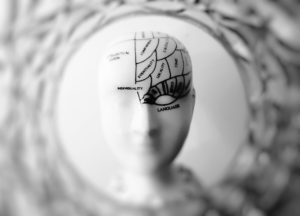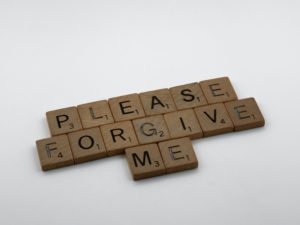Tagged: “forgiveness is a choice”
Forgiveness Education Identified by the CDC as a way to “Promote Social, Emotional, and Behavioral Learning”
As described in the abstract in Freedman’s (2018) study, forgiveness education was implemented with 10 at-risk adolescents

Dr. Suzanne Freedman
attending an alternative high school in a Midwestern city. Twenty-one participants were randomly assigned to either the experimental group (forgiveness education class) or the control group (personal communications class). Classes met daily for 31 sessions for approximately 23 hours of education. Enright’s process model of forgiveness was used as the focus of the intervention. After the education, the experimental group gained more than the control group in forgiveness and hope, and decreased significantly more than the control group in anxiety and depression. Verbal reports from the experimental participants following the education also illustrate the positive impact forgiveness had on the students.
Dr. Enright Is Interviewed for Woman’s World Magazine

Image from Pexels.com
On December 14, 2023, Dr. Enright’s interview with Kristina Mastrocola for Woman’s World magazine appeared on their website. The article is entitled, Experts Share How to Forgive Someone and Give *Yourself* the Gift of Healing.
Click on this link to read the interview!
Dr. Enright Interviews on Wisconsin Public Radio’s “The Morning Show”

Image by pexels.com
On December 6, 2023, Dr. Enright interviewed with Kate Archer Kent, who hosts “The Morning Show” on Wisconsin Public Radio. The 43-minute episode is entitled, How forgiveness can heal individuals and communities.
Click on this link to listen to the episode!
Dr. Enright Interviews with Dr. Sanjay Gupta on His CNN Podcast, Chasing Life

Image by pexels.com
On December 5, 2023 Dr. Enright engaged in a 35 minute interview with Dr. Sanjay Gupta for his CNN podcast, Chasing Life. It was a wide-ranging interview including what forgiveness is and is not, the scientific evidence for the efficacy of forgiving those who have been deeply unjust, and the psychological and physical outcomes for those who forgive. They even discussed the effects of forgiving on the brain. Click on this link to listen to the episode or read the transcript of the episode!
Jewish Mother Forgives the Israeli Soldiers Who Mistakenly Killed Her Hostage Son
The Times of Israel newspaper, on December 22, 2023, reported on a story in which one of the soldiers visited the mother, Iris Haim, of an Israeli citizen who was mistakenly shot in Gaza by soldiers from the 17th Battalion of the Bislamach Brigade. The son, Yotam Haim, was killed on December 15 along with two other hostages, who were mistaken as a threat.

Image by Pexels.com
In a recorded message from Mrs. Haim to the soldiers, she said this as reported in The Times of Israel: ““I am Yotam’s mother. Iwanted to tell you that I love you very much, and I hug you here from afar. I know that everything that happened is absolutely not your fault……I want you to look after yourselves.”
The soldier, as reported in the newspaper, said this to Mrs. Haim: ““We received your message, and since then we have been able to function again…….Before that we had shut down.” In other words, their receiving Mrs. Haim’s forgiveness allowed them to reclaim their lives.
Such early and sincere forgiveness is not for everyone. For example, the brother of one of the others slain in this incident expressed bitterness toward the Defense Minister of Israel, blaming him and saying that he would “hunt after him.” When asked if his anger would consume him, the brother of the slain man replied, again as reported in The Times: ““I don’t have anything left to consume.”
Iris Haim is a living example of how forgiveness, after severe tragedy, can amaze and surprise the world.



